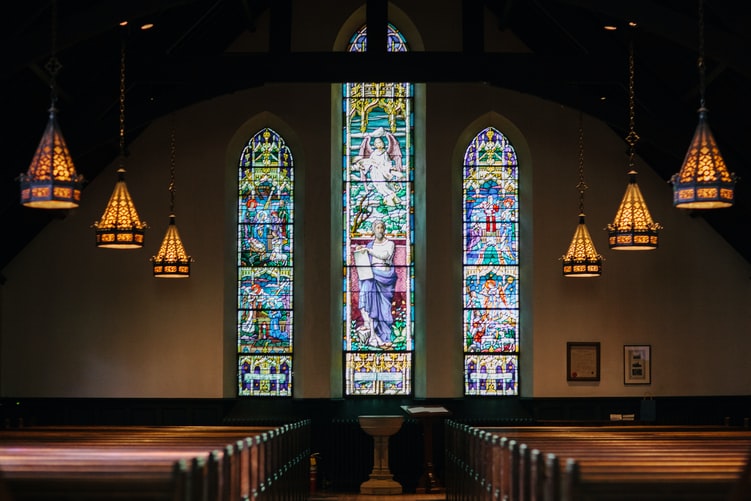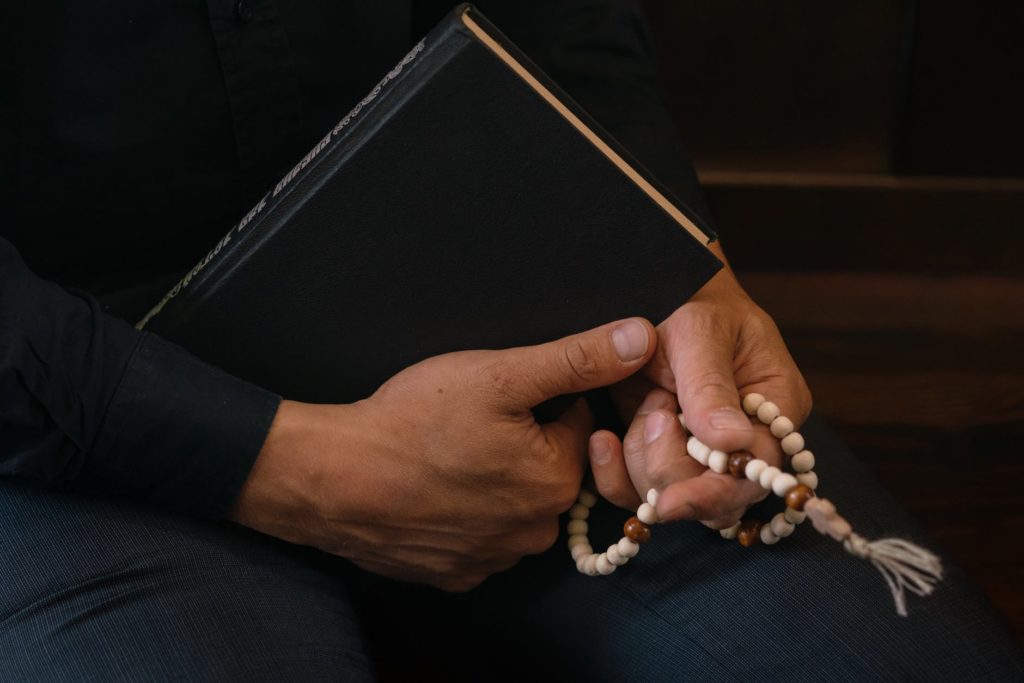In the United States alone, there are thousands of priests credibly accused of sexual abuse, yet most of these priests never spend time behind bars. So why don’t priests go to prison?
Unfortunately, there are a lot of reasons. It’s entirely unfair and unjust, but the reality is that most abusive priests throughout history have gotten away with their crimes.
Still, most priests continue to go untried and unpunished.

Why Don’t Priests Go To Prison?
Survivors, victims’ advocates and, in some cases, law enforcement, have publicly criticized the Catholic Church since early 2002, when the sex abuse crisis and the repeated coverups by church officials first became widely understood by the public and media.
In response to this, there have been many reforms in the church, including the 2002 Charter for the Protection of Children and Young People. The charter was among many different documents that created guidelines for church officials to handle cases of sexual abuse.
These measures have made improvements to the situation, but have fallen far short of actually ending the sex abuse crisis in the Roman Catholic Church.
There are many reasons for this, and for why priests don’t go to prison for these crimes.
Statutes of Limitations
One of the most significant, and often most frustrating reasons is that the statute of limitations for these crimes is often deliberately short.
Statute of limitations is defined by Merriam-Webster as “a statute assigning a certain time after which rights cannot be enforced by legal action or offenses cannot be punished.”
Statute of limitations (plural statutes of limitations), also known as the “perspective period,” exists in many areas of law.
Essentially, in criminal law, the government can’t punish you for a crime after a certain length of time. In civil law, you can’t be sued after a given length of time.
The length of time is different from one crime to the next. For instance, up until 2019, if you were the victim of a sexual crime, you had 2 years to file your case in criminal court if the crime was considered a misdemeanor. If the crime was considered a felony, you had 5 years to do so.
If you wanted to file a civil claim against your assailant, you had 3 years to file.
After new legislation was passed in 2019, the statute of limitations for reporting second-degree rape increased to 20 years and third-degree rape increased to 10 years.
The passing of the Child Victims Act similarly changed the statute of limitations for sex crimes. Specifically, it gave victims of childhood sexual assault and rape the ability to sue until their 28th birthday. It also opened a lookback window which removed all statute of limitations on sex crimes against children until August 14, 2021.
Some crimes have no statute of limitations, meaning the perpetrator of such a crime is “on the hook” for life. Murder in the first degree is an example of a crime that has no statute of limitations.
Since there are statute of limitations on sex crimes in New York, any priest who abused a child cannot be charged or sued once this deadline has been reached.
This is why many sexual assault law firms like Merson Law are so adamant that victims take action to pursue justice immediately.
Even though the statutes of limitations have been extended, many victims wait too long to begin their case and ultimately lose out on the ability to get justice.

The Catholic Church Prevents It
Many people are becoming aware of the Catholic Church’s efforts to brush the sexual abuse scandal under the rug.
Media on the subject, especially popular documentaries like The Keepers, help expose this issue, but the majority of people are either unaware of or unaffected by the church’s actions.
This public dismissal of the issue has let the Catholic Church prevent priests from going to prison or facing consequences for their actions for decades.
As an incredibly wealthy organization, the Catholic Church has many tools at its disposal to do this.
Moving Priests and Clergy
One of these methods is the moving of priests and clergy.
For decades, the church has responded to instances of abuse by moving the accused priest to another church or diocese, sometimes hundreds of miles away from where the abuse took place.
Sometimes, these priests were sent to psychological counseling, but oftentimes these clinics were run by the church itself.
In most cases, the church took matters into its own hands, rather than taking the proper measure of contacting the police.
Especially before the age of the internet, this method not only allowed priests to avoid criminal charges, it perpetuated abuse by giving them access to new children.
Some priests reportedly abused dozens of children in this way.
Silencing Victims of Abuse
Another method the Catholic Church has used to keep its priests out of prison is to silence victims.
Catholic Uprising, an organization of Roman Catholics seeking to reform the church and end the pandemic of abuse within, explains this horrific process on its website:
The Church also has a habit of making costly out-of-court settlements in exchange for signing nondisclosure agreements. From 1980 to 2002, Church officials paid over $75 million to coverup abuse.
According to a study from John Jay College on abuse within the Church, the number of allegations against a priest played the biggest role in church intervention. Regardless of the severity of abuse reported, the Church was more likely to intervene in a case with multiple victims. If cases are dropped, the Church can shield themselves from responsibility.
Once a victim is coerced into signing a nondisclosure agreement (NDA), they are legally barred from speaking about their case, their settlement, and often their abuse. These legally-enforced secrets make it difficult for victims to coordinate group efforts or openly discuss the problems in the church.
Structuring of the Church
Another way the Catholic Church shirks responsibility is through the legal structure of its dioceses. Each diocese operates independently of one another and exist as separate entities from a legal standpoint.
Determining liability can be challenging due to this structuring, especially coupled with the movement of priests from diocese to diocese.
The Catholic Church is such a complex, multi-layered and intimidating organization that filing a case against it can be a daunting task, if you do not have the proper representation.
What Victims can do Despite This
It’s an unfortunate reality that most pedophile Catholic priests never see the inside of a prison cell.
But that doesn’t mean survivors of sexual assault have to give up on ever getting justice, and it doesn’t mean we will always have to ask “why don’t priests go to prison?”
There’s still time to act through the Child Victims Act in New York, and many other states are considering passing similar legislation.
Additionally, Catholic Church programs like The Archdiocese of New York IRCP allow victims to bypass statutes of limitations in a similar manner to the Child Victims Act.
If you were abused by a priest or clergyman in the Catholic Church, Merson Law PLLC can help you choose the best option forward for justice. And we can help you earn more compensation than you otherwise would by pursuing this alone.
Contact us today through our form or give us a call to start your free initial consultation.








